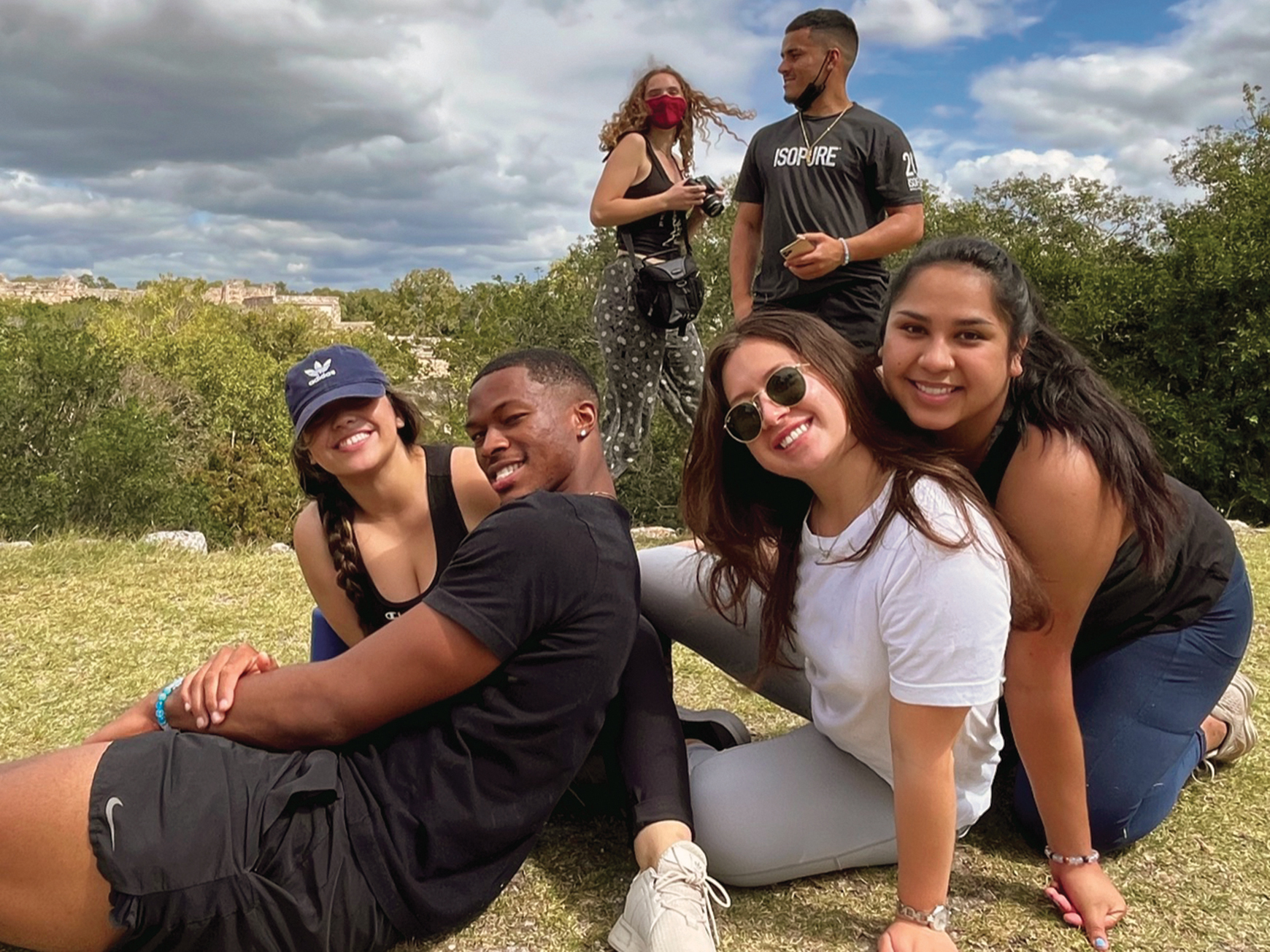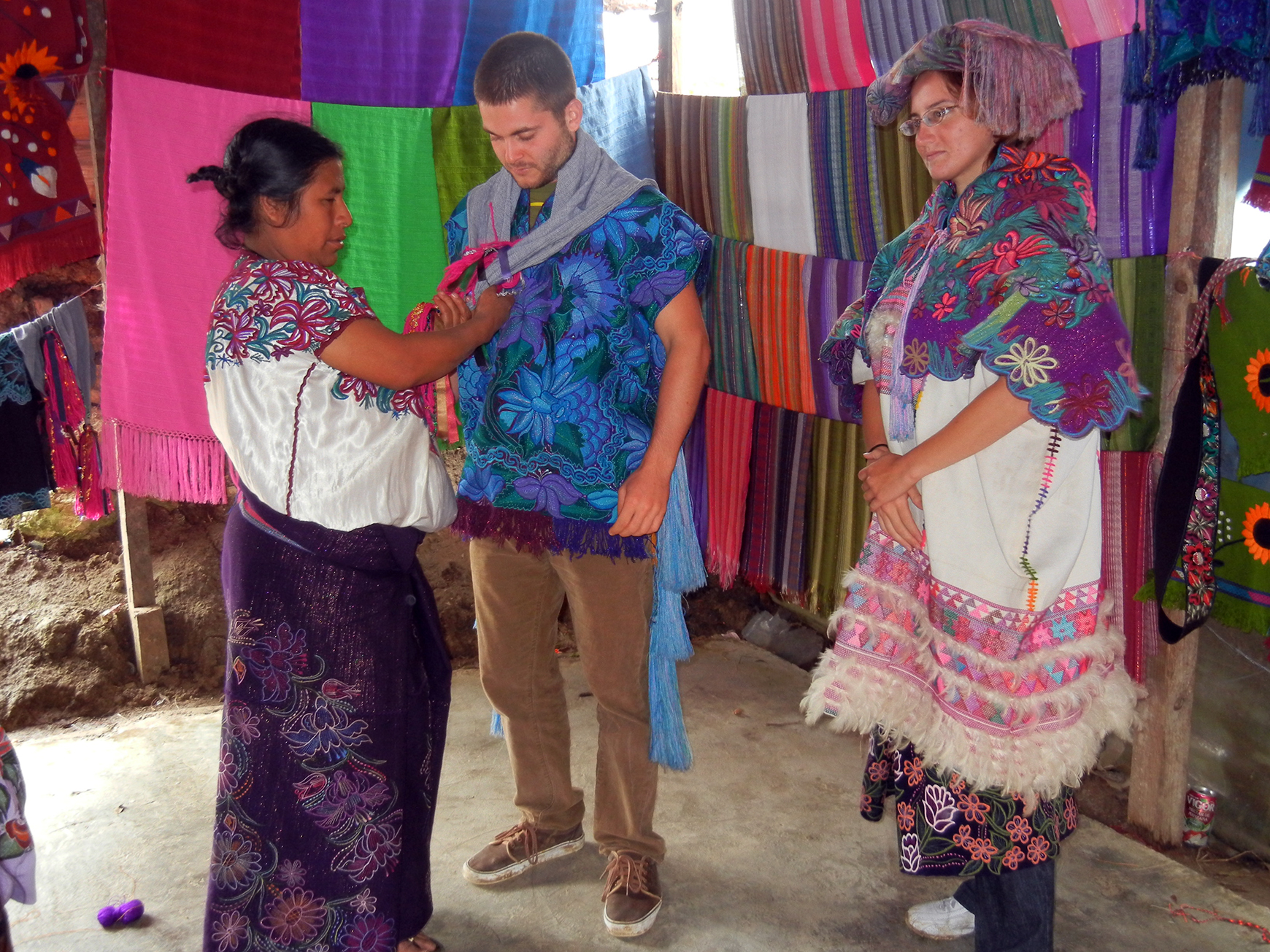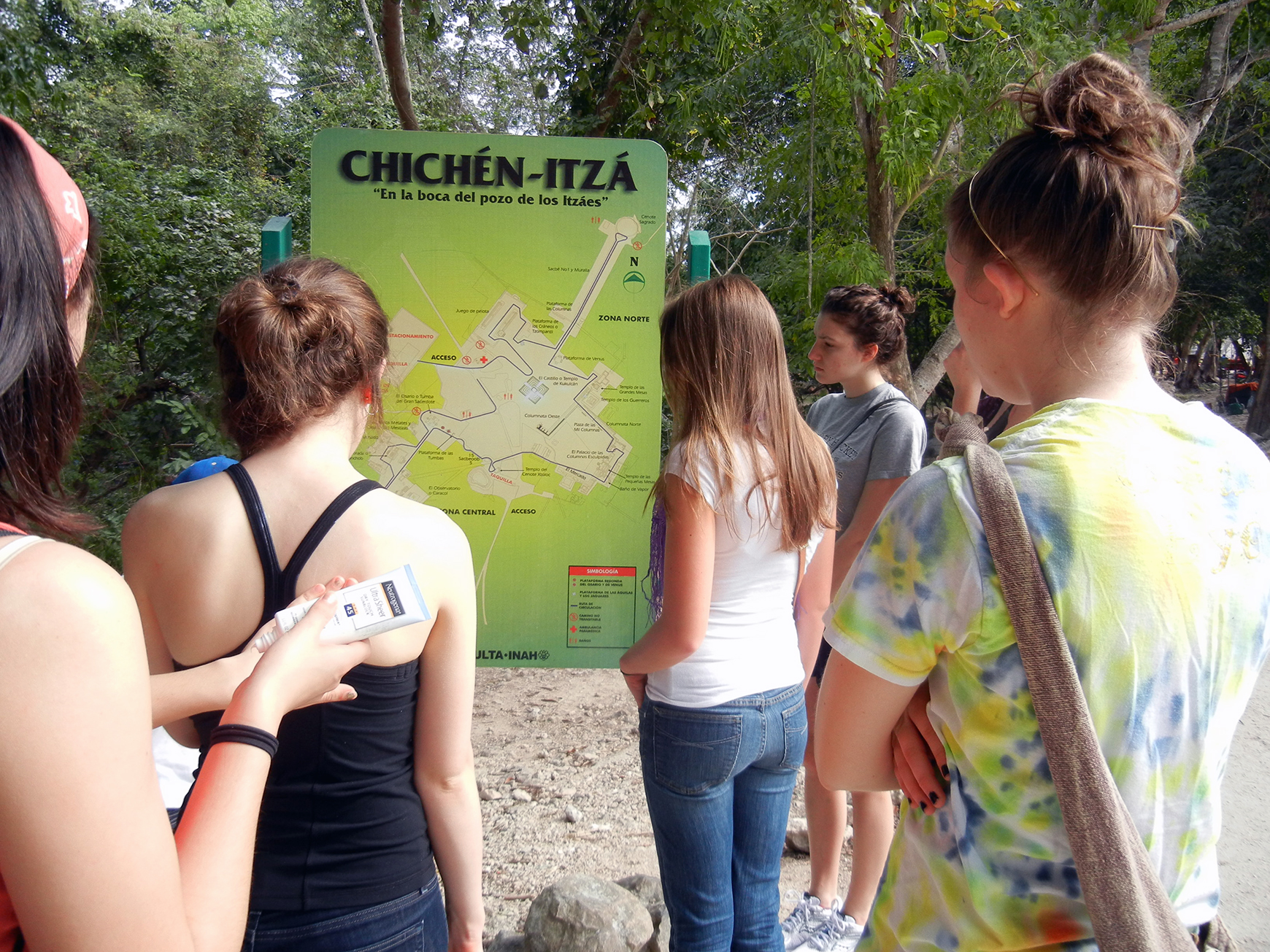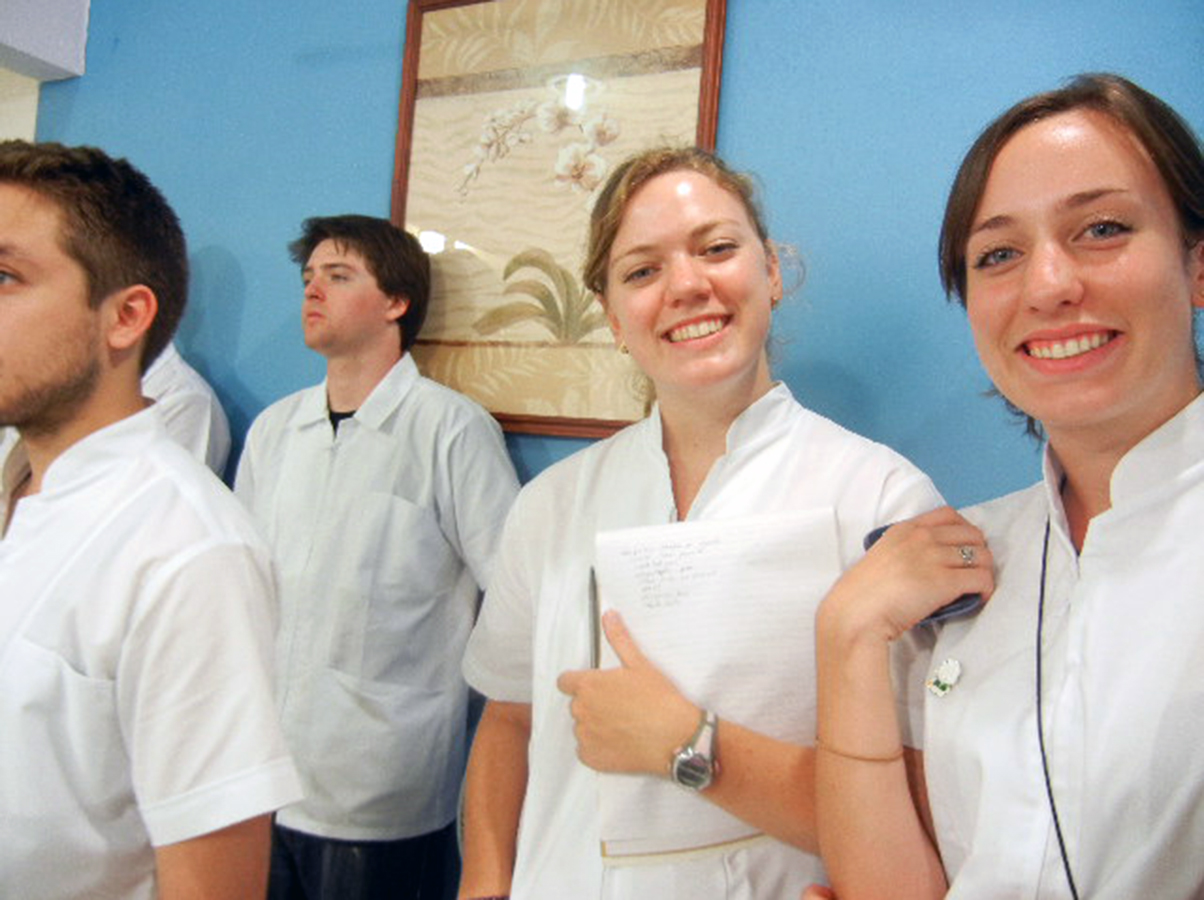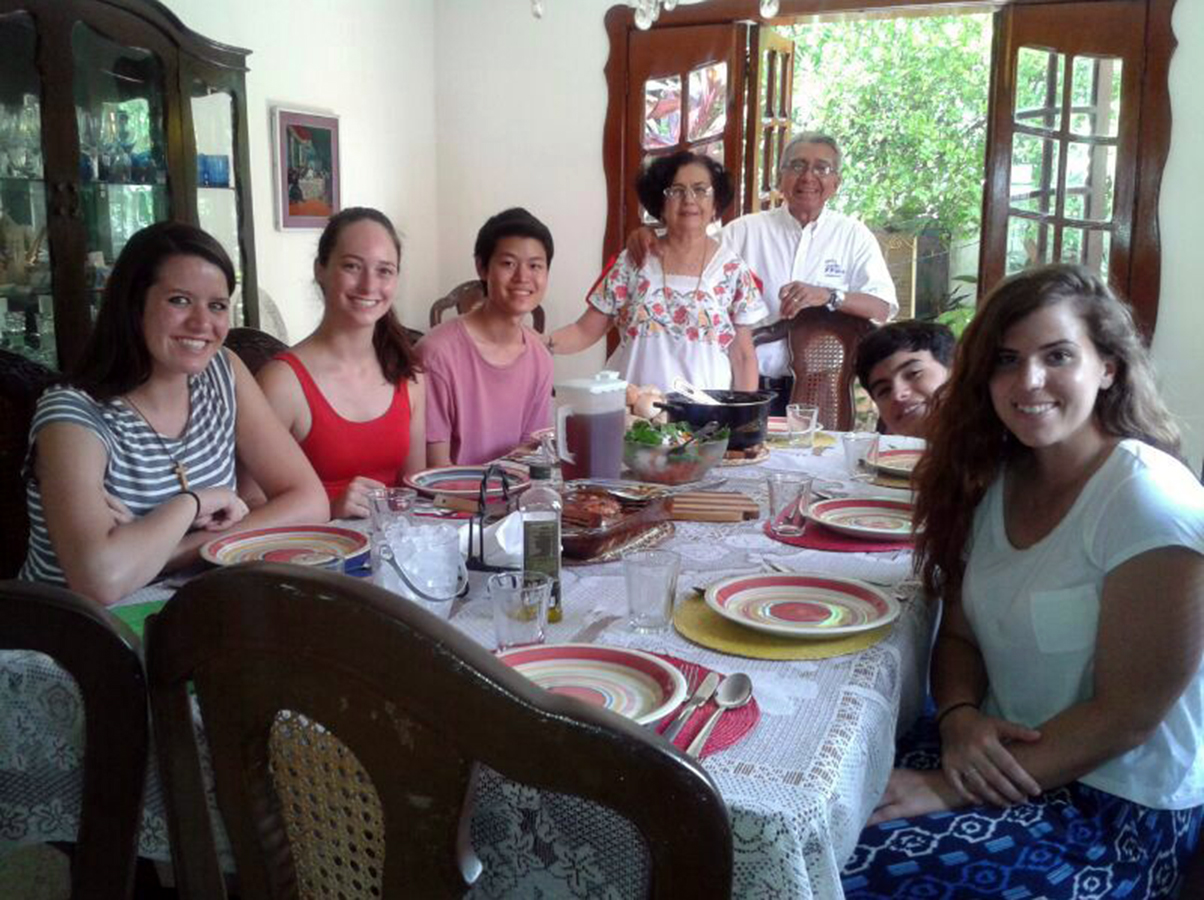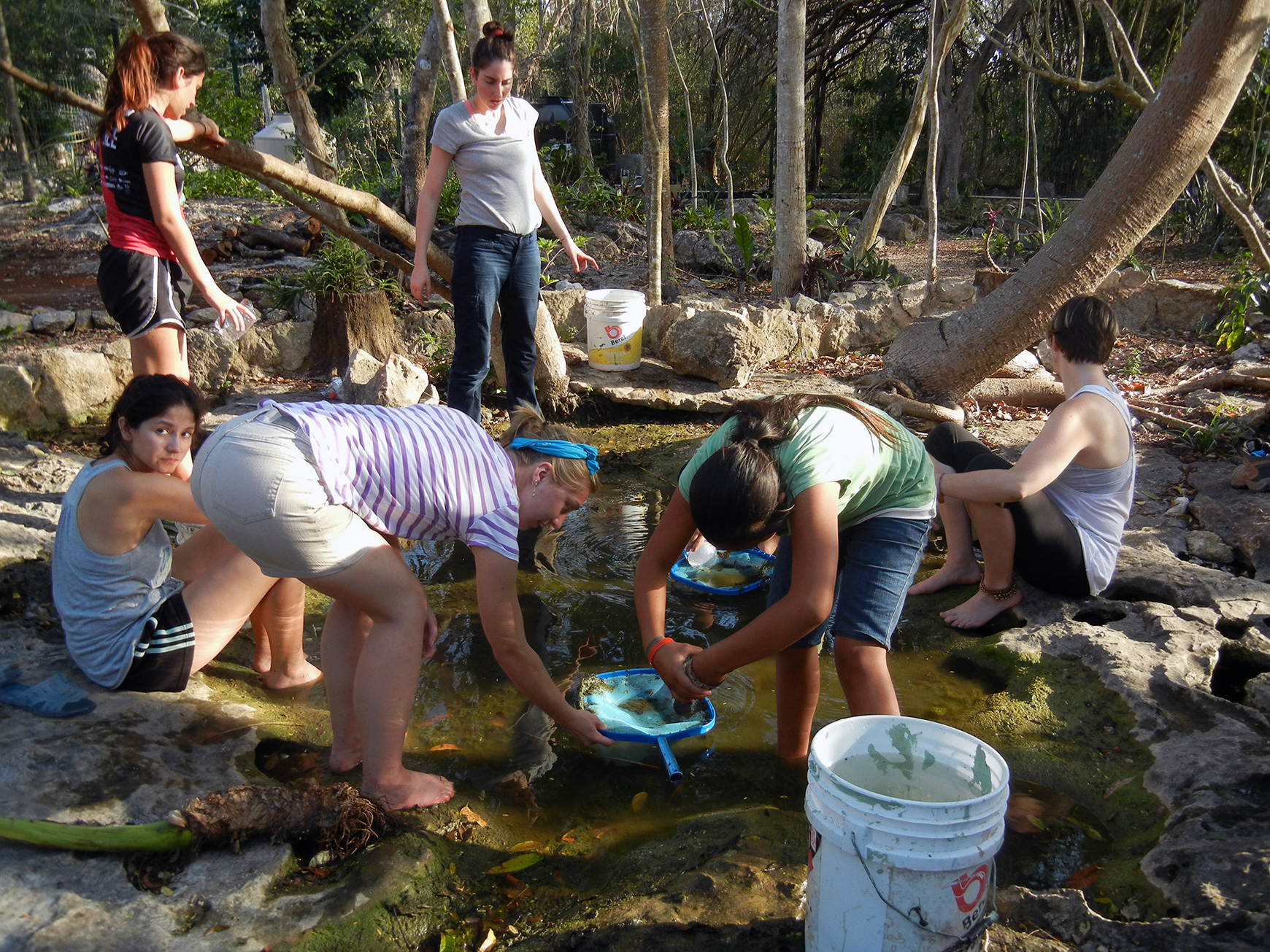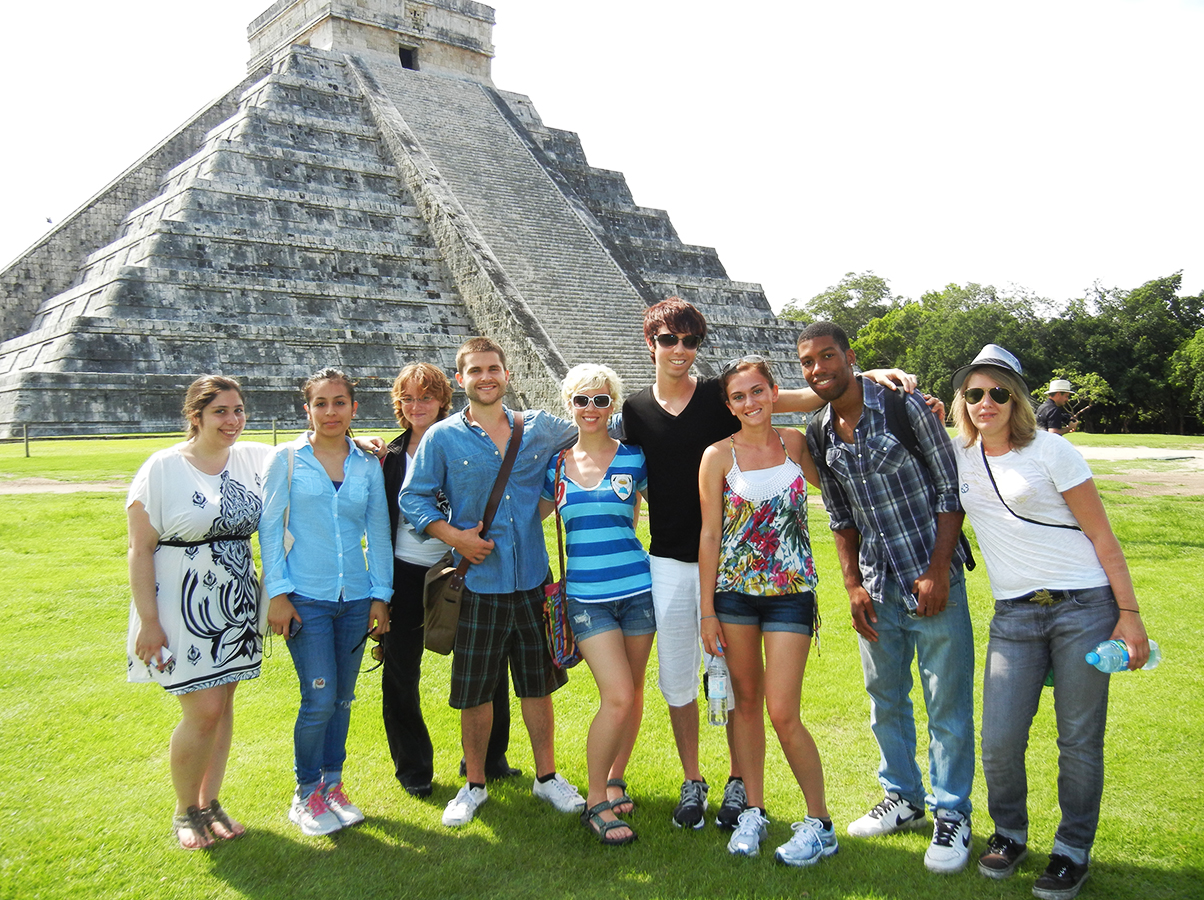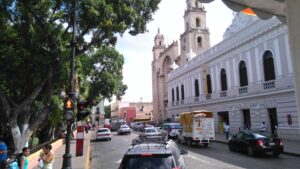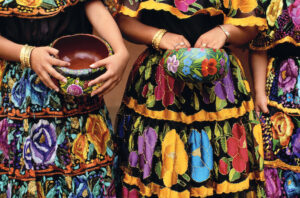Merida, Mexico
IFSA Summer Internships in Mexico
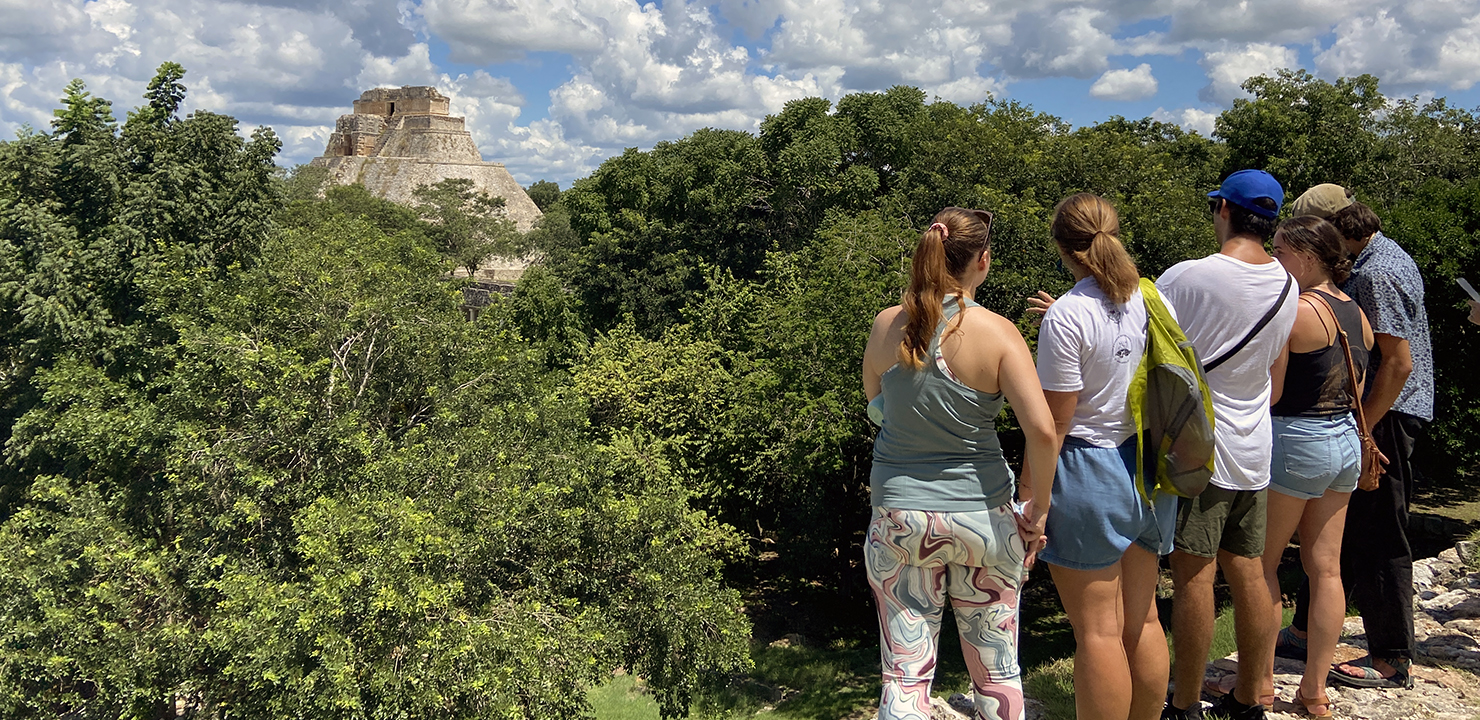

Program Overview
GAIN EXPERIENCE IN EDUCATION, PUBLIC HEALTH, HOSPITALITY, AND MORE
Sunny and welcoming, Merida offers a variety of opportunities to sample a future career while you explore the influence of Mayan and Spanish cultures. During your eight–week stay, there’s also time to explore world-famous archeological sites and refreshing cenotes, and enjoy local favorites, like cochinita pibil and sopa de lima. Add an optional elective to earn additional credits.
This is an exclusive IFSA-Designed Program. Learn more about these affordable programs here.
Details at a Glance
Application deadline
Minimum GPA
2.00
Credit load
3–6
Housing
Single Room Option, Homestay
Instruction language
English, Spanish
Language prerequisites
Four semesters of university-level Spanish or equivalent
Visa required?
Not in most cases. Learn more.
Academics
Enhance your learning and develop marketable skills with an eight-week Summer Internship in Mexico.
International Internship Seminar
Language of Instruction: English (seminar) | Spanish (placement)
All internships include participation in the International Internship Seminar, which covers 15 hours of online asynchronous Canvas modules to provide structured opportunities to reflect on the practical experience of the internship, learn more about your host country’s business culture, and further develop the professional skills needed for a successful transition from undergraduate coursework into a career or graduate school. Plus, you will engage with an online global cohort of IFSA internship participants, gaining exposure to business cultures around the world. (3 U.S. semester credit hours)
OPTIONAL CLASSES
You may enroll in one additional class. Not all classes may be offered in a given term. Click on each link below for a detailed class syllabus.
Ecology and Sustainable Development
Language of Instruction: English
One of the challenges for society today is to raise awareness to conserve natural resources in the long term. Knowledge inventories and their value by society, are necessary and urgent. This class addresses aspects of the history of ecology, as well as conceptual components of tropical ecosystems and the ways in which they interact in the environment. This requires we approach ecology as an interdisciplinary science, enabling us to understand its importance in the recovery, preservation, and protection of the environment. Although the class devotes part of the time to the deepening of theoretical content, it also provides opportunities to the practical side, through participation in field excursions. The class includes the development of a practical assignment by students, which helps to put into practice the concepts and skills presented in the class. Offered during the first four weeks of the program. (3 U.S. semester credit hours)
Contemporary Issues in Public Health in the Yucatán
Language of Instruction: English
Increasing diversity in the socioeconomic, ethnic, and racial composition of our communities has presented healthcare providers with new challenges when responding effectively to patient health and wellbeing. This class examines the public and private healthcare systems of Mexico, mainstream and traditional care in urban and rural settings, and local prevailing health issues such as cervical cancer, obesity, diabetes, and heart disease in order to understand the patients’ expectations and understandings of their health differ from their own cultural context. Students will participate in a series of field visits to rural communities, as well as medical facilities to conduct clinical observations. Offered during the final four weeks of the program. (3 U.S. semester credit hours)
Language Requirement
To enroll in Spanish-taught classes or an internship, must have a specific language level. Please visit our Language Requirements page for more details. If you have questions about whether you qualify, contact your IFSA Enrollment Counselor.
INTERNSHIPS
IFSA internships include real-world work experience, along with developing intercultural skills and experiences that are key to personal, academic, and professional success. Expect to devote a total of 120 hours working with your host organization, with supervision from your seminar instructor, coordinated by on-site IFSA team members. In addition, interns complete the International Internship Seminar for 3 U.S. semester credit hours. Internships are not remunerated.
Students have interned at galleries and museums, business incubators, development agencies, not-for-profit civil organizations, hospitality and tourism firms, and human rights advocacy groups in Mexico.
Your goals are carefully considered, tailoring the placement process to ensure the best possible fit. Keep in mind that final placements depend on your skills, prior experience, and availability. Although every effort is made to match your placement with your preferred field or area of business, it can’t be guaranteed. Most internships are conducted in Spanish, with a limited number of English placements available.
Application. After you submit your application, resume, and IFSA Internship Interest Form, an IFSA Enrollment Counselor and an on-site IFSA Team member will work with you to identify your professional strengths, review your goals, and refine your internship interests to establish a match. From there, you’ll have an interview with your potential internship host. You will be provided with tips and resources to prepare for your interview.
Sample Placements. The following are examples of internships IFSA students have recently completed. Placement options vary from term to term.
Organization: Working with one of largest hotel chains in Latin America, you will have an opportunity to think about tourism and what that represents in a country that so heavily relies on it, the type of population this is catered to, and its impact on a fragile economy and ecosystem.
Subject Areas: Hospitality & Tourism, Marketing, Business
Potential Projects: You can work on marketing research and analysis, handling social networks, and translation of specific ads and promotional materials.
Organization: Aiming to achieve the exercise of independence in young people with intellectual disabilities, this non-profit civil association was founded in 1997. Its foundation lies in the visibility and advocacy of the rights of people with intellectual disabilities so that they can be adequately integrated into society.
Subject Areas: Public Health, Psychology, Education, Physical Rehabilitation
Potential Projects: Design and implementation of workshops in conjunction with the organization’s psychologists and therapists, administration and management, participation in social, cultural, and sports activities.
APPLICATION REQUIREMENTS
Eligibility
- You must be at least 18 years of age. Students under 18 may be accepted on a case-by-case basis.
- You must be currently attending or recently graduated from a U.S. or Canadian community college, technical college, two-year college, four-year college, or four-year university.
- You must have completed at least one (1) full-time semester of study at your home institution before the beginning of the term.
Recommendation Letter
Not required. An internship site may request a reference letter before placement is finalized.
TRANSCRIPT
Upon completion of your program, IFSA will send an official Butler University transcript to your home university with your coursework converted to the U.S. semester credit hour system. You will also have access to an unofficial transcript in your IFSA Student Portal. The transcript reflects classes taken, credits attempted, and grades earned during your term abroad. This service is included in your study abroad program at no additional cost. See our Transcripts page for more information.
Excursions
Activities and excursions are designed to pull you into the communities you visit and encourage cultural connections of every kind. There’s no extra fee to participate in these optional outings—everything is included in your program fee.
Below are a selection of activities and excursions from previous terms; options may vary for your program. Due to the seasonal nature of many of program activities, we cannot guarantee a specific activity or excursion will be available in a given term or program.
Activities
- City-as-Text Activity: Get to know Mérida’s beautiful downtown and the surrounding neighborhoods. Learn both the legendary history of the city and the region as well as contemporary social processes that affect the city’s daily life, such as touristification and gentrification. This activity includes a talk about the city in the classroom and bus tour in the historical center.
- Mayan World Museum Visit: Visiting this museum offers a cultural and historic context needed to fully appreciate excursions to the Mayan archeological sites of Chichén Itzá and Uxmal.
- Biciruta Tour: Approach the city from a different perspective. Usually the streets are full of cars, but during this tour the roads are closed so that you can visit them. Both citizens and visitors enjoy touring the beautiful avenue of Paseo de Montejo in this unique way!
- Uxmal and Hacienda Yaxcopoil Trip: This fascinating archaeological site of Uxmal and its Puuc style of architecture showcase the pinnacle of Mayan population design and art, with lessons that still inform modern Mérida. You won’t soon forget the impressive Pyramid of the Magician, constructed more than 1,000 years ago. This trip includes a visit to the Hacienda Yaxcopoil where you will connect pre-Columbian history with the henequen period in the history of Yucatán. The industrial processing of Henequen, a plant known as the “green gold,” had a great impact on the economy and structures of inequality in the region.
- Cenotes Santa Bárbara Trip: Visit the group of cenotes known as Santa Barbara. In this excursion, beauty intertwines with ecological significance. Nestled within the lush landscapes of the Yucatán Peninsula, these natural sinkholes are not just geological wonders but also crucial ecosystems teeming with life. Cenotes play a crucial role in the hydrological cycle, serving as natural reservoirs that recharge the region’s underground aquifers. This, in turn, sustains the surrounding vegetation and provides freshwater resources for both wildlife and local communities.
Housing and Meals
Housing
Single Room Option, HomestayMeals
All IncludedDetails
In Mérida, students live with local families in what’s known as a homestay. Homestays make it easy to immerse yourself in the region’s rich culture. They also provide many opportunities to build your Spanish language skills, if that’s part of your plan.
Homestays: Who’s at home?
We place students with carefully screened families, many of whom have been hosting IFSA students for nearly 20 years. Many have grown children who have left home and enjoy having young people around. Families host up to two IFSA students at a time.
You might live with a retired couple and their beloved terrier, with frequent visits from their young grandchildren. Your hosts might have high school-age children and a grandparent living with them. Or you might join a single mom who shares her home with her adult daughter and grandson, with another adult child living nearby.
- Location. Host families live throughout the city. You might live close to downtown within easy walking distance to the IFSA Program Center—or 45–60 minutes away via public transportation (that’s just 15 minutes away via Uber).
- Living space. Each student has their own bedroom. Bathrooms are sometimes private but could be shared with other family members. Your hosts provide a desk or other suitable place to study.
- Meals. Three meals a day included. Your homestay family understands that you also need time out to be with friends and explore—they’ll appreciate a heads-up when you plan to eat out. Students buy their own snacks.
- Language. Few families are fluent in English, but most can communicate. We do our best to place students without Spanish skills with English-speaking families.
- Other details. Internet included. Air conditioning is limited to eight hours at night, so expect to adjust to heat and humidity in this tropical environment. Most homes have a washing machine that students can use once a week. In some cases, the family offers to do the laundry. If the family does not have a washing machine, they will take the student once a week to the laundromat.
- Nearby. Cafes, restaurants, and public transportation.
Dates and Fees
Get Started
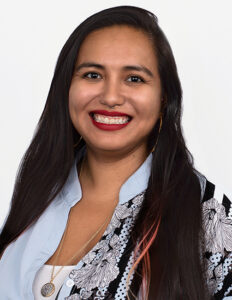
Selena Rincon
Enrollment Counselor
